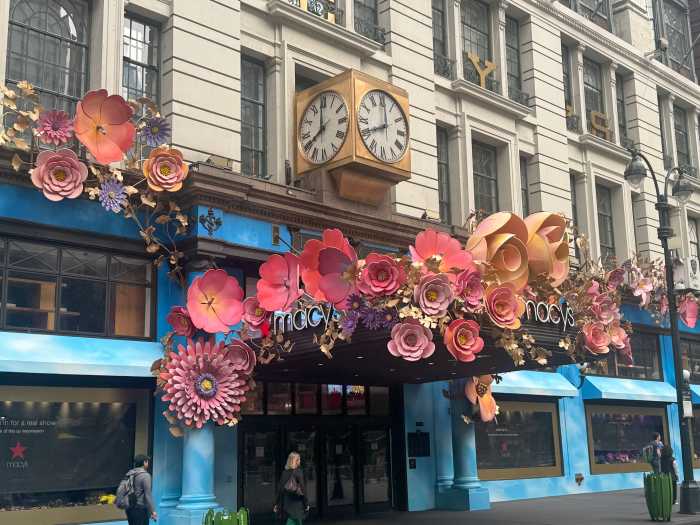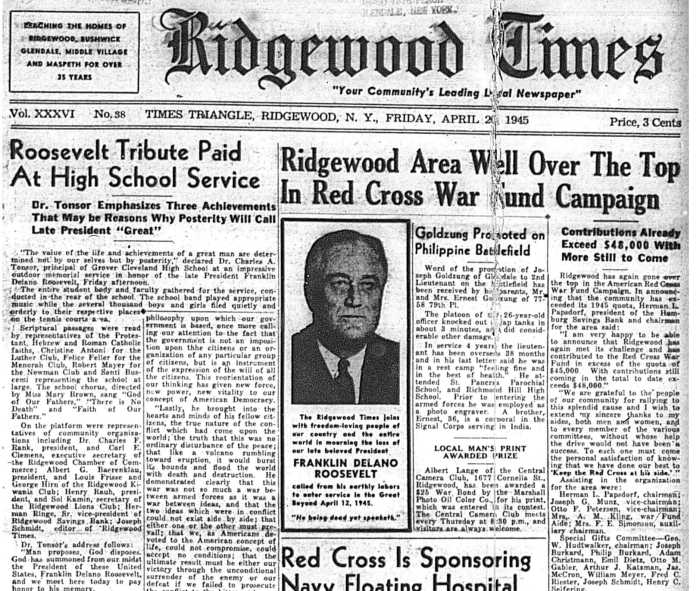There are millions of voiceless men of color, whose stories are locked in the confines of a prison cell. Barry Jenkins’ "If Beale Street Could Talk" is a poetic revolution, a resounding cry, to these often untold stories. The film, based on the 1974 novel by James Baldwin, centers itself on young black love and the obstacles for one couple as they’re torn apart for merely existing in society.
Actor Stephan James plays Alonzo "Fonny" Hunt. To those closest to him, like the Rivers’ family, he is the boy they watched grow up into a fine upstanding citizen with a truly artistic touch as a sculptor. Above all, he is Tish Rivers’ (KiKi Layne) soul mate who is about to be a father. Despite all his promise in the world, his future is cut short when he is falsely accused of a rape. The film spends most of its time reflecting on the poetry of Fonny and Tish’s love story and plays with the juxtaposition of one family, scrambling to save an innocent man from a system waiting to swallow him whole.
amNewYork spoke to Stephan James about the film.
This film plays like a romantic tragedy. It’s traumatic to witness a man who is stuck in horrific circumstances just by his own existence in the world.
Absolutely, and I think it resonates for a lot of people, especially in the African-American community. Often these instances are looked at as a statistical standpoint. To me it meant a lot to bring humanity to Fonny — to make him a real person and more than a statistic. It was about having people understand that these are young men who are being affected by a system being put in place and is supposed to be protecting but is seemingly failing [these men] time and time again.
When you just read the statistics it’s easy for some communities to look the other way. These specific times don’t make it easy for people to turn a blind eye. With the film coming out, do you hope it gets in front of as many eyeballs as possible?
Of course. To show the black experience in this way, particularly as it pertains to mass incarceration and false imprisonment but just that love, I don’t think we’ve ever seen black love portrayed like this — through black soul mates. It’s such a tender and pure sort of love. Seeing as how the Rivers have adopted Fonny into their family and have been so warm toward him, it’s the kind of love that gets Tish’s mom to hop on a plane to Puerto Rico and try to find his accuser. All these things are deeply rooted in black love and a hope that our community has had to sort of rely on because of the tumultuous times we find ourselves in.
Many men don’t get to even have a trial. They’re being told to take plea deals because of how stacked the system is. By the time they’re out, the damage is already done. They’ve missed their children’s lives. They’re dealing with PTSD. How did you unpack all of that?
It’s heavy. Specifically, I used Kalief Browder’s story as inspiration for this character. Baldwin wrote this story in 1974 and Khalif’s ordeal happened in 2010 and the similarities were so striking. You mentioned people have a hard time looking at something like this. It’s so hard to believe that all these things were happening way back when, and it kind of sucks to have to tell people, “Actually, it’s still happening right now.” To me, I figured it was bigger than me and it was an opportunity I could use to speak for a bunch of voiceless young men across this country who are going through the same thing.
Director Barry Jenkins has a delicate and skilled hand when bringing cinematography, the score and all these other sections together. How was it being under Barry’s direction?
Incredible! He’s bigger than a director. He’s the definition of an auteur. This man is somebody who has his fingerprint and DNA of every aspect of the film and the story that’s being told. Barry reminds me a lot of James Baldwin in the way that they describe love, in the poetry that they use, it’s a fascinating thing. Barry was very intentional, he was very specific with his notes and then he allows you to breathe and grow into a character which is a phenomenal way to work. I hope to make 100 more movies with Barry.
You have one of the most powerful monologues behind that glass and while it’s a physical barrier your performance gets right through to the audience. How did you feel performing in that space?
Yeah, there’s nothing like speaking to the love of your life through the glass. You feel like, here’s this person who you’ve been so close to and intimate with and have always been able to touch, suddenly they’re no longer tangible. Even though they’re on the other side of that glass, they feel like hundreds of miles away because you can never get to them. It certainly added to the dynamic of the performance trying to exude that strength through the glass knowing that the glass was the obstacle. It makes you give a little bit more.
A lot of this story hinges on your chemistry with KiKi [Layne]. There has to be this tenderness between them. How was it to share that time with her on set?
I agree. I loved working with KiKi. It was her first film and she’s exceptional. It was exciting to go to work with this young woman who had so much raw energy. She has a purity and innocence about her that you can’t really teach. I don’t think you could’ve gotten an actress that’s 10 years in to play that part. It had to be KiKi and we didn’t have a whole ton of rehearsal time so it was a big credit to Barry that he let these two strangers find themselves within each other. We only had 28 days to film this movie and we had to believe them. As you said, a lot of it hinges on their relationship. I think it’s just something the two of us took on. We had to let down a lot of walls to bathe in the words of Baldwin.
James Baldwin used to talk about progress if we’ll get there and what progress looks like on a community level. What do you think he would say about this time right now that we’re living in?
I think he would be disappointed but I also think that he knew this was a struggle and battle. We were dealing with this stuff before 1974 and that’s the unfortunate timelessness of Baldwin that he understood that this is a battle that’s going to take longer than a few years to fix. These are constant themes that are going to be circling us.
It’s not enough to fix the system. It’s fixing prejudices and people’s perceptions.
I agree. I completely agree. The beautiful thing about Barry is that this movie and this type of love allows you to see the humanity behind these people and not only how it affects Fonny and his wife and unborn child. It’s the ripple effect that this has. When one person falls victim to this system it affects a world of people. So I think giving that situation humanity is something I’m grateful for.

































